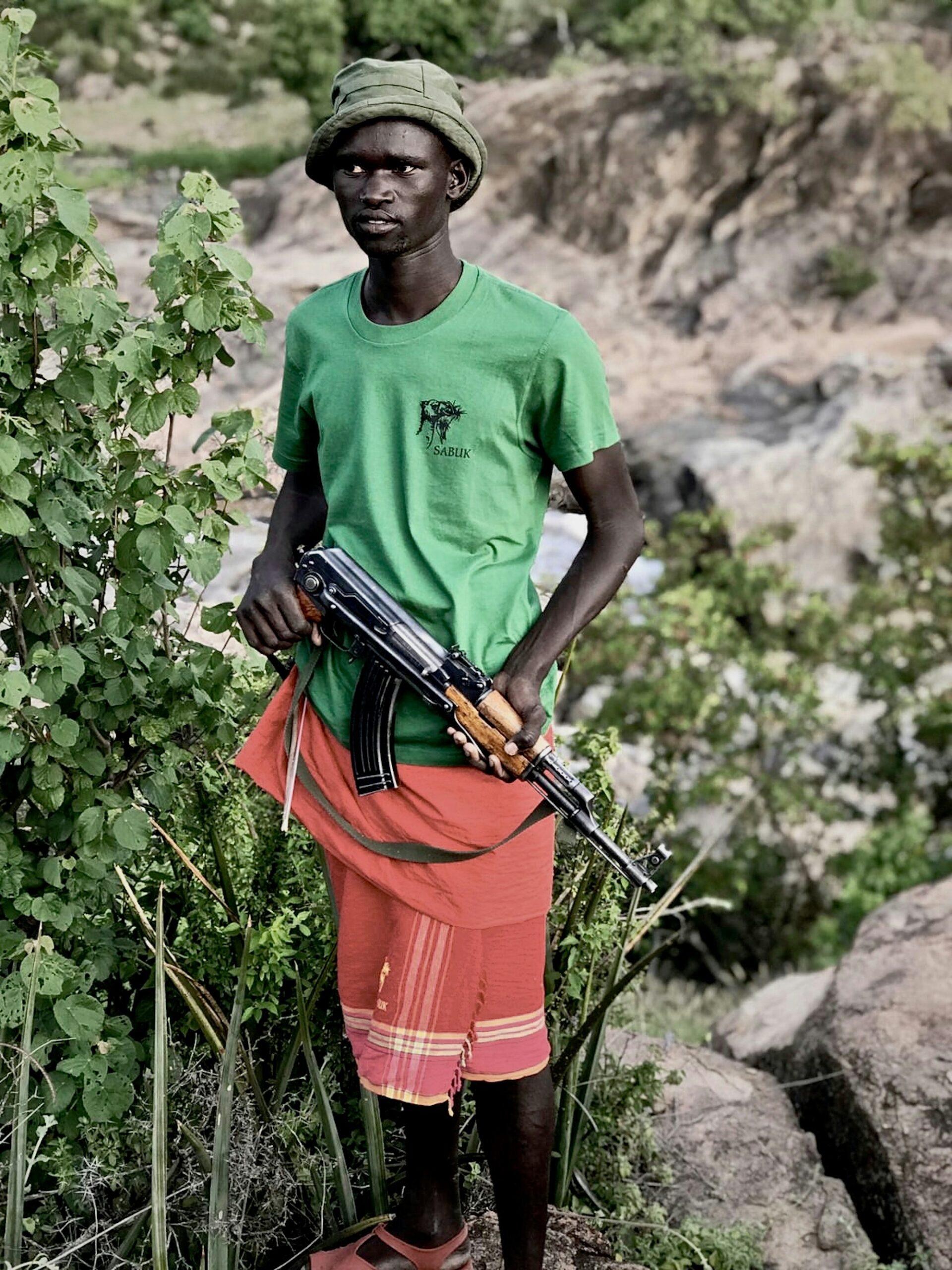YAOUNDÉ, Cameroon – A Catholic official in the Democratic Republic of Congo says faith underpins his organization’s solidarity with children affected by conflict.
Régine Mbuyi, Executive Secretary of the Bureau National Catholique de l’Enfance, the national affiliate of the International Bureau for Children’s Rights, told Crux that chronic war in the eastern DRC has led to the recruitment of children as combatants.
“Wars provide opportunities for armed groups to recruit children,” Mbuyi told Crux. She said reports suggest that the recruitment and use of children in the DRC’s eastern region as combatants has increased in recent years, describing the situation as “the worst form of child labor.”
A 2017 report by War Child UK and War Child Holland indicate that of 300,000 child soldiers active in armed conflict, 40 percent were in the DRC.
Mbuyi said research suggests the numbers are growing, although hard figures are difficult to come by, given that both regular armies and rebel groups typically hide information about enlisting children because it violates the law of war.
Enlisting children in armies and rebel groups also comes at a steep price to those children.
“Being forcibly recruited is a traumatic experience for children. They are called upon to lead an adult life at an early age when they are children, and they are victims of violations of their fundamental rights,” Mbuyi told Crux.
She said they are separated from their families and excluded from school or deprived of their right to education.
“For those who are victims of sexual abuse, in addition to the stigma attached by the community, they become mothers at an early age and live in precarious conditions with the children abandoned by their parents, “she noted.
Her organization, the National Bureau for Children’s Rights, has been working towards the social reintegration of children.
Several projects had already been carried out for the social integration of the child soldiers. These include social reintegration of children who have left armed forces and groups; the socio-economic reintegration of children released from armed forces and groups and/or victims of armed conflict with the International Labour Office; the economic reintegration of self-demobilized children with UNICEF; preventing the enlistment and recruitment of children into armed forces and groups; and psychosocial support and reunification of children withdrawn from the Kamwina-Nsapu militias.
Mbuyi said all these projects were meant “to facilitate the transition from military to civilian life through support for socio-educational activities; substitute the image of strength inspired by the weapon by that of a responsible citizen. The ultimate aim was to ensure the social reintegration of these children while playing an active role in their own lives and in society.”
“There have been many success stories, such as getting children into school, placing them in vocational training and providing them with reintegration kits that have enabled them to practice their trade and strengthen their capacity for self-sufficiency and earn a decent living,” Mbuyi told Crux.
She said reintegrating them into local structures has enabled them to be valued and accepted unconditionally within the community so that they can flourish.
“The girls were recognized as victims, supported and reintegrated thanks to gender promotion activities,” she explained.
She complained that mobilizing resources for such work remains challenging, but faith remains the one thing that keeps the work going.
“In the services we offer, there is no discrimination based on the religious beliefs of the children or their families. For every child, faith is a resilience factor in the face of trauma and atrocities. Faith also underpins our drive for solidarity in equipping and/or caring for children overwhelmed by suffering and other atrocities. Faith leads us to accept children unconditionally as they are,” Mbuyi told Crux.
The current conflict in the Democratic Republic of Congo (DRC) has deep historical roots, traceable to the aftermath of the 1994 Rwandan genocide, during which around 800,000 people, primarily Rwandan Tutsis, were killed. Many of the perpetrators, known as les génocidaires, fled to the DRC, then known as Zaire.
The influx of Hutu extremists, along with about 1.5 million Hutu civilian refugees, settled in the eastern regions of North and South Kivu.
In 1996, Rwandan troops, along with Congo-based Tutsi militias, invaded the DRC (still called Zaire at the time) with the intent of eliminating these Hutu extremists. It triggered the first Congo war of 1996-1997 that led to the overthrow of Mobutu Sese Seko and the rise of Laurent-Désiré Kabila.
The conflict continued with the Second Congo War (1998-2003), involving multiple African nations and resulting in millions of deaths.
In recent years, the violence has escalated with the resurgence of the Rwanda-backed M23 rebel group. The M23 group, composed mainly of ethnic Tutsis, has captured key territories and valuable mineral deposits, leading to widespread displacement and human rights abuses.
The conflict has resulted in significant humanitarian crises, with millions of people internally displaced and in need of urgent assistance.
Efforts to resolve the conflict have been challenging, with some 120 armed groups vying for control of the region’s resources, and the involvement of neighboring countries complicating the situation.











